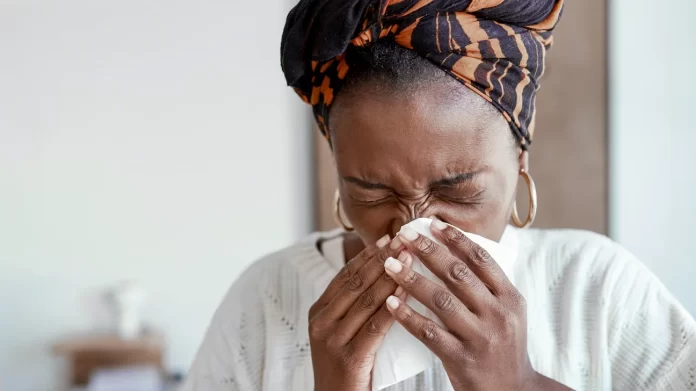Allergies are a widespread condition, impacting millions of people globally. They occur when the immune system overreacts to harmless substances known as allergens. From sneezing and itching to more severe reactions, allergies can take many forms. But who is most likely to develop them? Let’s break it down.
1. Genetic Factors:
Your family history plays a big role in whether you’ll develop allergies. If one or both of your parents have allergies, there’s a higher chance that you will too. This is because certain genes impact how your immune system reacts to allergens. For instance, if your parents have asthma or eczema, you’re more likely to experience similar conditions.
2. Age:
Allergies are most commonly seen in children but can develop at any age. Sometimes, allergies that appear in childhood may go away as a person gets older, but for others, they can persist or even show up later in life.
3. Environmental Factors:
Where you live can influence your risk of developing allergies. People living in urban areas are often exposed to higher levels of pollution and allergens like dust, which can increase allergy risk. Those in rural areas may be less likely to develop allergies due to greater exposure to nature and cleaner air.
4. The Hygiene Hypothesis:

This theory suggests that a lack of early exposure to bacteria, dirt, and infections in cleaner, modern environments might cause the immune system to overreact to allergens. Essentially, being too clean too soon could make the immune system more sensitive, leading to allergies.
5. Diet and Lifestyle:
Your diet and lifestyle choices can affect your risk of developing allergies. Eating a diet high in processed foods or lacking in fruits and vegetables might increase the chances of developing allergies. Conversely, eating nutrient-rich foods, like those high in antioxidants and omega-3s, may help reduce allergy risk.
6. Gender Differences:
In children, boys are more likely to develop allergies, but this pattern changes in adulthood. In adults, women tend to have higher rates of allergies, especially conditions like hay fever and asthma.
7. Other Factors:
- Exposure to allergens: Frequent exposure to allergens, such as pollen, mold, or pet dander, increases the likelihood of developing allergies.
- Health conditions: If you have conditions like eczema or asthma, you might be more prone to other allergies.
- Air pollution: Long-term exposure to polluted air can raise the risk of developing allergies or asthma.
Conclusion:
Anyone can develop allergies, but certain factors—like genetics, environment, and lifestyle—can increase your risk. By understanding these factors, it’s easier to manage and even prevent some allergic reactions. If you’re prone to allergies, staying aware of your surroundings and taking steps to limit exposure can make a big difference.
Also Read : Effective Coping Techniques for Anxiety



